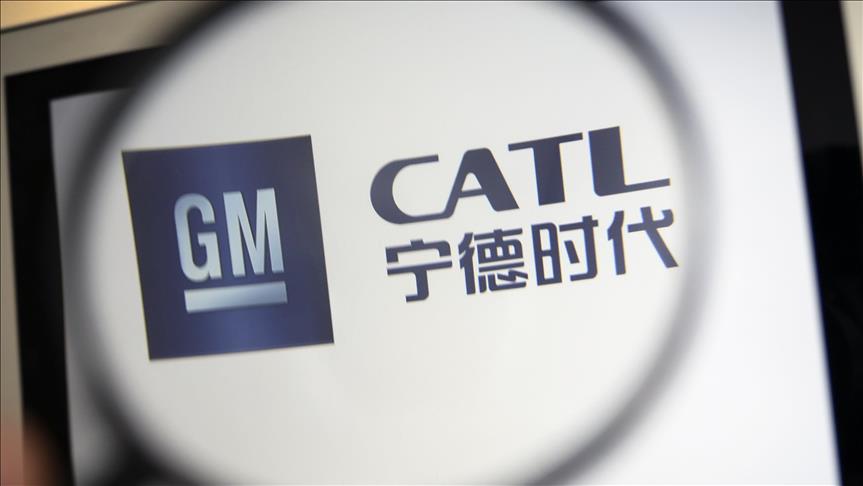Chinese battery company CATL and automaker Stellantis announced on Tuesday a joint investment to build a battery factory in Spain worth up to €4.1 billion ($4.3 billion).
The facility is set to begin production of lithium iron phosphate (LFP) batteries by the end of 2026 at Stellantis’ site in Zaragoza, Spain.
Once operational, the plant could reach a capacity of up to 50GWh, making it one of the largest battery facilities in Europe.
CATL, the world’s largest electric-vehicle battery manufacturer, already operates plants in Germany and Hungary.
Stellantis, headquartered in Europe, designs and manufactures automobiles under 14 different brands, including Alfa Romeo, Chrysler, Citroën, Jeep, Fiat, and Peugeot.
“I believe our cutting-edge battery technology and outstanding operation knowhow combined with Stellantis’ decades-long experience in running business locally in Zaragoza will ensure a major success story in the industry,” said Robin Zeng, Chairman and CEO of CATL, in a statement.
The statement said the 50-50 joint venture will enhance Stellantis’ ability to deliver “more high-quality, durable, and affordable battery-electric passenger cars, crossovers, and SUVs.”
Designed to be completely carbon neutral, the battery plant will also contribute to Stellantis’ goal of becoming a “carbon net zero corporation” by 2038.
By 2030, Stellantis aims for 100% battery-electric vehicle sales for passenger cars in Europe and 50% for cars and light trucks in the United States.
The companies noted that the project’s scope remains “subject to the evolution of the electric vehicle market in Europe and continued support from authorities in Spain and the European Union.”
Spanish Prime Minister Pedro Sanchez met with CATL CEO Robin Zeng the day before the deal’s announcement.
According to Spanish daily El País, the agreement followed more than a year of negotiations between Spanish authorities and the companies involved.
The announcement was delayed as the Chinese government, led by Xi Jinping, reconsidered the project in light of the recent tariffs imposed by the EU on electric vehicles from China, El País added.

